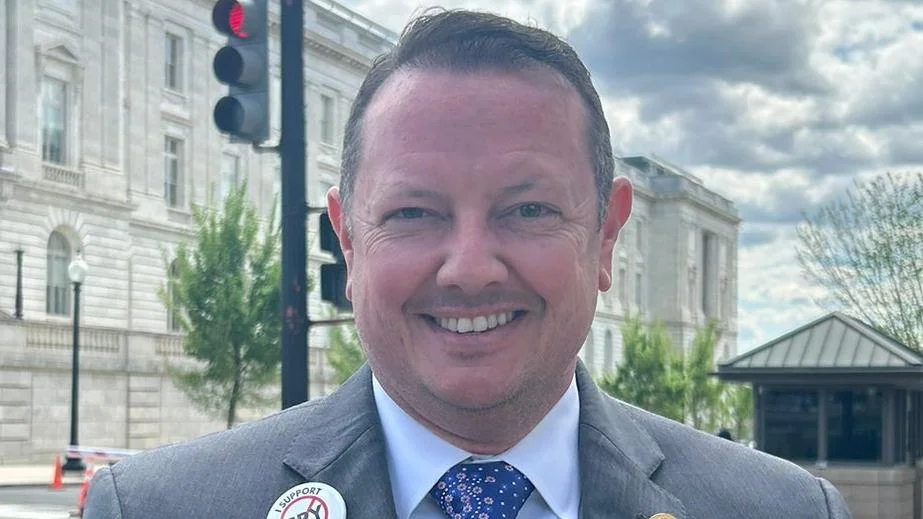Rep. Eric Burlison, U.S. Representative for Missouri's 7th District | Twitter Website
Rep. Eric Burlison, U.S. Representative for Missouri's 7th District | Twitter Website
Thirty-one members of the House Republican Conference, led by Representative Lloyd Smucker, are advocating for Congress to pass reconciliation legislation that they describe as "genuinely fiscally responsible." The group emphasizes that failure to meet spending reduction targets in the budget resolution will necessitate adjustments to ensure the reconciliation bill remains within agreed limits.
The representatives state: “We are fully committed to passing a reconciliation bill that achieves the objectives we all support, which include extending President Trump’s tax cuts, growing our economy, securing our borders, unleashing American energy, and ensuring peace through strength.”
The lawmakers assert their commitment to fiscal responsibility and emphasize their support is contingent on adherence to the House framework for instructions outlined in Section 4001 of H.Con.Res.14. They express gratitude for Speaker Mike Johnson and Leader Scalise's assurance that no measure will reach the floor unless it meets these standards.
Signatories of the letter include Representatives Andy Biggs, Lauren Boebert, Josh Brecheen, Tim Burchett, Eric Burlison, Michael Cloud, Andrew Clyde, Elijah Crane, Brandon Gill, Paul Gosar, Andy Harris, Diana Harshbarger, Clay Higgins, Morgan Luttrell, Richard McCormick, Mary Miller, Ralph Norman, Jay Obernolte, Andrew Ogles, Robert Onder, Scott Perry, Chip Roy David Schweikert Keith Self Lloyd Smucker Victoria Spartz Greg Steube Marlin Stutzman Tom Tiffany Beth Van Duyne and Ryan Zinke.
In their communication with Speaker Johnson and Leader Scalise they reiterate: “We remain firmly committed to ensuring the bill is genuinely fiscally responsible. We reaffirm that our support depends at minimum on the bill’s strict adherence to the House framework for instructions contained in the concurrent budget resolution (Section 4001 of H.Con.Res.14).”
The lawmakers outline concerns about America's fiscal trajectory noting that national debt has surpassed $36 trillion with annual growth nearing $2 trillion. They highlight rising interest costs projected to exceed $1 trillion annually surpassing expenditures on Medicare or national defense.
According to their criteria under the House framework any reconciliation bill must not increase the deficit. The budget resolution assumes President Trump's agenda including extending 2017 tax cuts will generate $2.5 trillion in additional revenue through economic growth requiring offsets for further tax cuts or spending increases.
The legislators stress that deficit reduction targets must be achieved through enforceable spending cuts rather than budgetary maneuvers with an emphasis on structural reforms fostering long-term growth and savings.
Despite a proposed $2 trillion reduction in spending equating only 2.3 percent of projected federal outlays over ten years annual spending is expected to rise from $7 trillion to $10 trillion by 2035 with debt potentially exceeding $50 trillion.
Ultimately they maintain that House reconciliation instructions serve as a baseline for savings advocating steadfastness in fiscal discipline efforts.






 Alerts Sign-up
Alerts Sign-up